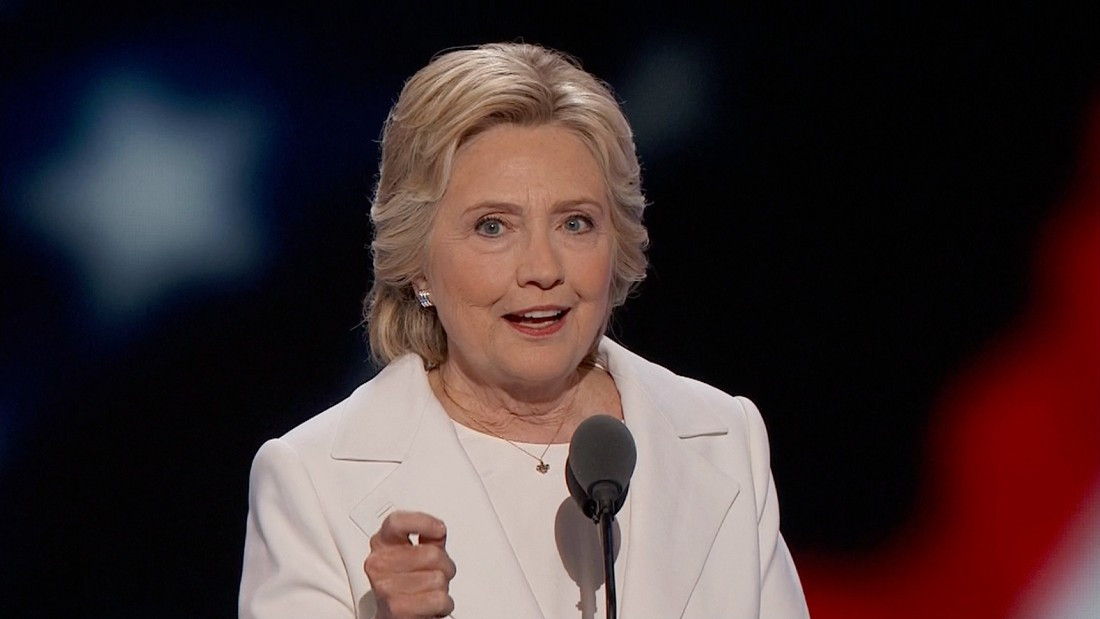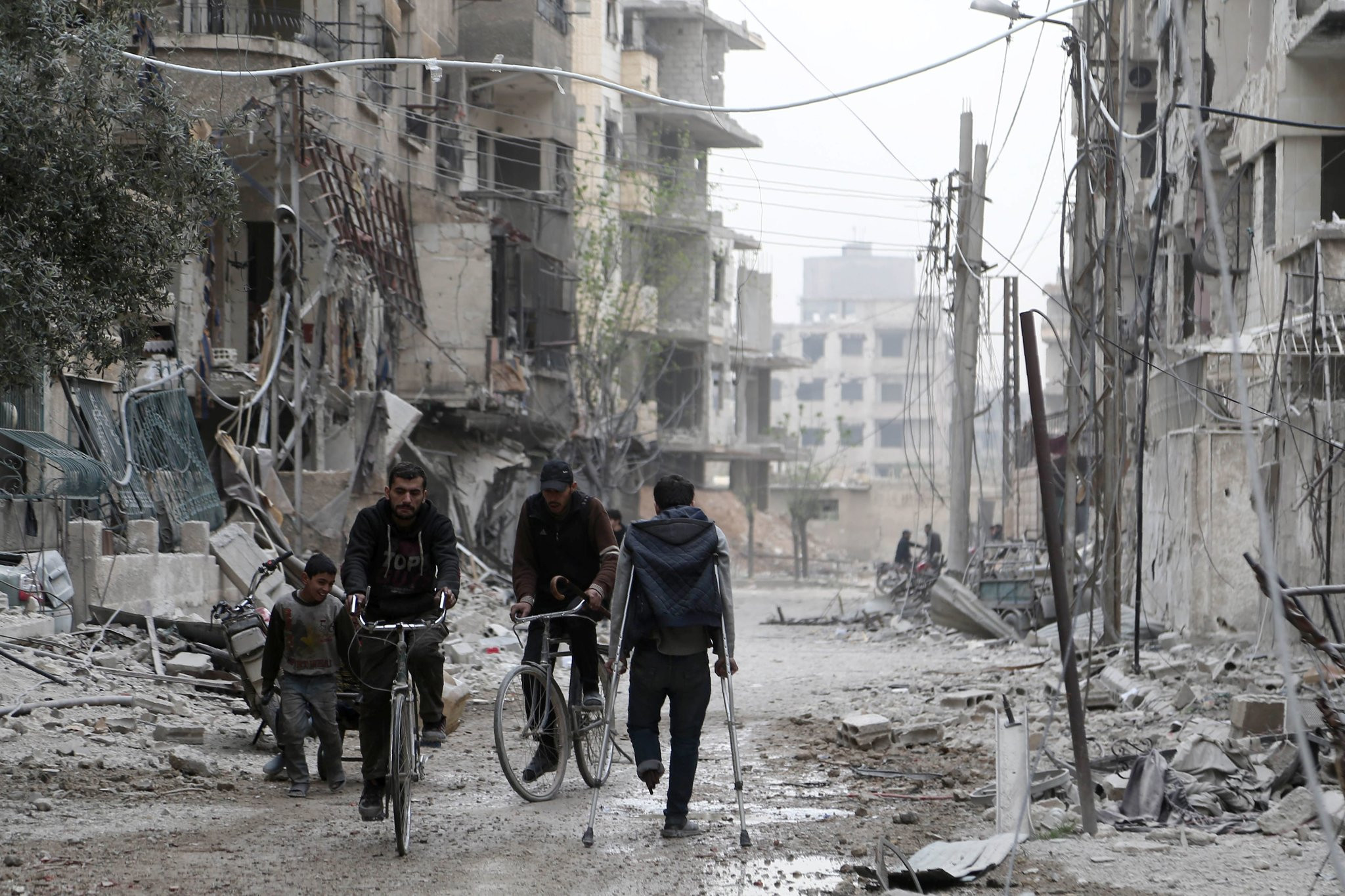The Football Association of Ireland (FAI) has published its accounts for 2023, revealing a mixed bag of financial news. While the association has successfully reduced its debt by €7.7 million, its cash reserves have taken a significant hit, raising questions about the sustainability of its current trajectory.
The FAI’s annual accounts for 2023, released ahead of their AGM on September 14, paint a picture of progress marred by the weight of a lingering debt burden. Despite a €3.5 million surplus, the FAI’s cash balance has dwindled to €1.6 million, a stark contrast to the €10.9 million recorded in 2022. This significant reduction is attributed to the decision to repay a substantial portion of the association’s legacy borrowings, aimed at reducing the interest burden.
Debt Reduction: A Double-Edged Sword
The FAI’s debt reduction strategy is a double-edged sword. While it addresses the immediate financial burden of interest payments, it comes at the cost of dwindling cash reserves. The FAI’s cash balance at the end of 2023 was a mere €1.6m, down from €10.9m in 2022; three years ago, it was almost €27m. This raises concerns about the FAI’s ability to navigate unexpected financial challenges and invest in future initiatives.
Revenue Growth and Positive Developments
The FAI’s financial performance has been buoyed by a significant increase in match-related income, which more than doubled from €9.1 million in 2022 to €18.6 million in 2023. This surge was driven by the success of the men’s team, which attracted crowds of over 40,000 for five of its six home fixtures in 2023, including matches against France, Gibraltar, and the Netherlands. The FAI’s record season ticket sales of over 24,000 for the men’s team and the women’s team’s first-ever appearance at the Aviva Stadium also contributed to this revenue growth.
Commercial revenues also saw an increase, climbing from €15.6 million to €20.8 million. This growth was aided by sponsorship deals, including a new partnership with Castore, and the ongoing centralized media rights agreement with UEFA.
Sponsorship Soars, but Legacy Debt Remains a Challenge
The FAI’s surplus remained static at €3.5m, €1.5m of this includes deferred income from the state-funded Covid resilience grant. This surplus, while positive, underscores the continued challenge of the legacy debt. The FAI acknowledges this, stating that “legacy debt remains a key long-term focus for the Association while it also continues to seek to invest in growing the game and capitalising on the successes seen both on and off the pitch.”
Balancing Debt Reduction with Investment in the Future
The FAI’s financial situation highlights a crucial dilemma for sporting organizations: balancing the need to address legacy debt with the imperative to invest in the future of the sport. The FAI’s interim CEO, David Courell, acknowledges this challenge: “We need to balance the requirement of servicing and paying down this legacy debt whilst continuing to invest in developing the game and helping it to achieve its full potential.”
A Long Road Ahead
While the FAI’s financial performance has shown signs of improvement, the organization faces a long road ahead in fully addressing its legacy debt. The association’s continued commitment to prudent financial management and its focus on maximizing every euro invested in the game are crucial steps in navigating this challenge. As the FAI continues its journey towards financial stability, it is imperative for the organization to remain mindful of the need to invest in the future of the sport while addressing the legacy debt burden.
The FAI’s financial situation is a reminder that the success of a sporting organization depends on a delicate balance between addressing past financial burdens and investing in its future.
The FAI's Future
The FAI's future hinges on its ability to effectively navigate the complex landscape of legacy debt, ongoing investment, and the fluctuating nature of sponsorship and revenue streams. The association's commitment to strategic planning and financial management will play a key role in shaping its future success. While challenges remain, the FAI has demonstrated a commitment to improving its financial position, but the ultimate test will be its ability to sustain this progress and ensure a robust future for Irish football.


















